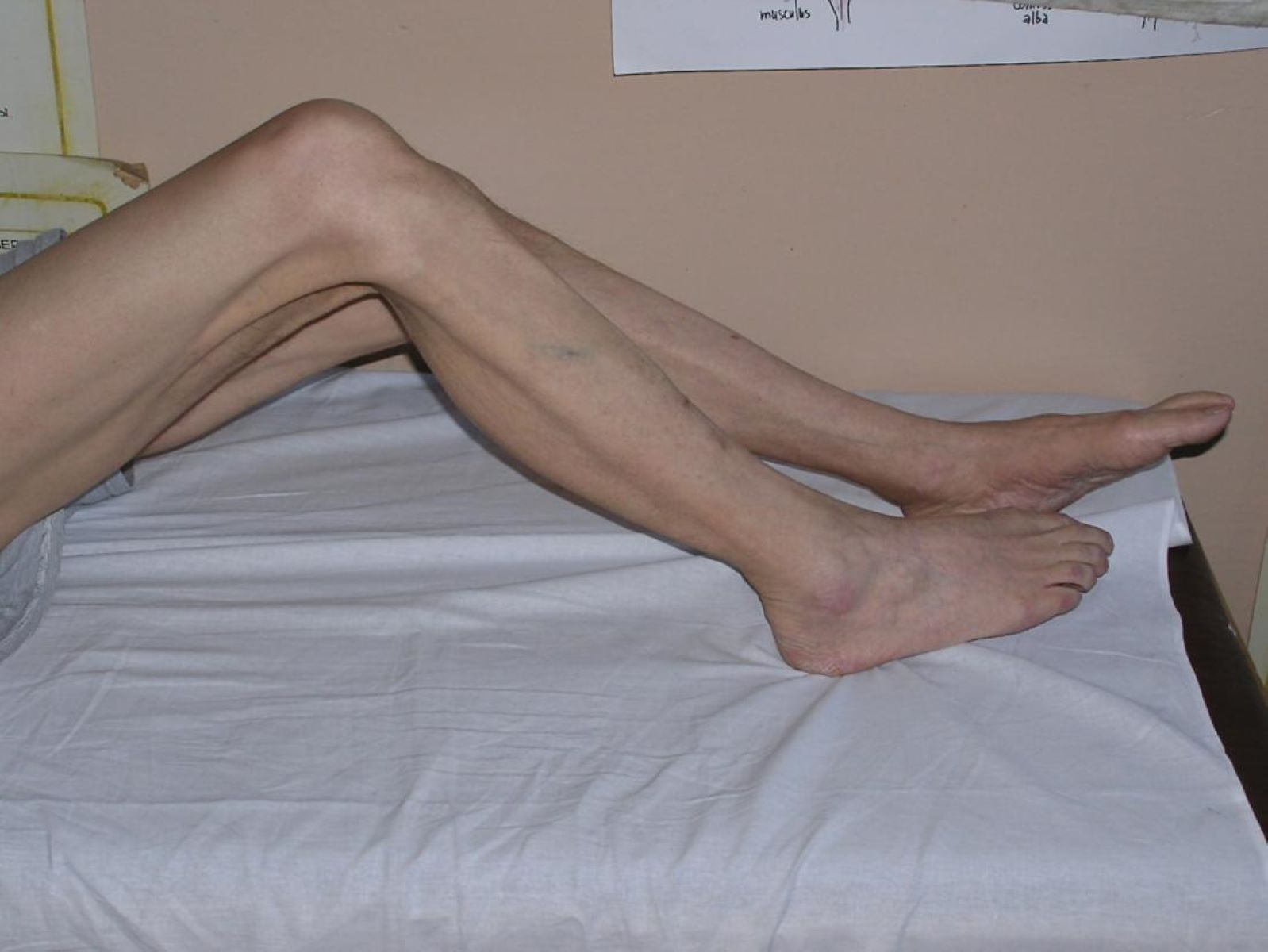
Clonegate shook the scientific world in 2010, spotlighting the scandal involving Korean scientist Hwang Woo-suk. Known for his groundbreaking stem cell research, Hwang's reputation soared in 2004 when he claimed to have cloned human embryos. However, the excitement turned to shock when investigations revealed fabricated data, manipulated images, and ethical breaches. This scandal not only tarnished Hwang's career but also raised serious questions about scientific integrity. Clonegate serves as a cautionary tale, emphasizing the need for transparency and ethics in research. Let's dive into 20 key facts that unravel the complexities and consequences of this infamous event.
The Rise and Fall of Hwang Woo-suk
Hwang Woo-suk, a name once synonymous with groundbreaking stem cell research, became infamous due to the Clonegate scandal. Let's explore the key facts that led to his rise and subsequent fall.
-
Hwang Woo-suk's Background
Born in 1953, Hwang Woo-suk earned his Ph.D. in veterinary medicine from Seoul National University. He later became a prominent figure in stem cell research. -
Initial Fame
Hwang gained international recognition in 2004 after publishing a paper claiming to have successfully cloned human embryos. This achievement brought him widespread acclaim. -
First Cloning Success
In May 2005, Hwang published a paper reporting the successful cloning of 11 human embryos and the extraction of stem cells. This was seen as a major breakthrough in regenerative medicine. -
Second Cloning Success
By August 2005, Hwang claimed another success, stating he had cloned 30 human embryos using somatic cell nuclear transfer (SCNT) and extracted stem cells from them.
Ethical Concerns and Controversies
Despite the initial excitement, ethical concerns and controversies soon began to surface, casting a shadow over Hwang's work.
-
Ethical Concerns
The cloning of human embryos raised significant ethical questions. The potential for misuse and the morality of such research were hotly debated. -
Data Integrity Issues
In 2006, an investigation by Seoul National University (SNU) revealed discrepancies in Hwang's data, including fabricated results and manipulated images. -
Fabrication of Results
The investigation found that Hwang had fabricated key data points, such as the number of cloned embryos and the success rate of stem cell extraction. -
Manipulated Images
Further scrutiny revealed that Hwang had altered photographs to make his results appear more convincing, showing procedures that had not actually occurred.
The Unraveling of the Scandal
As more details emerged, the extent of Hwang's deception became clear, leading to significant consequences for him and the scientific community.
-
Collusion with Co-authors
Hwang colluded with his co-authors to falsify data, coercing junior researchers into participating in the fabrication and manipulating their work. -
Seoul National University Investigation
Led by Dr. Lee Byung-in, the SNU investigation concluded that Hwang's claims were entirely fabricated, exposing serious scientific misconduct. -
International Repercussions
The scandal shocked the global scientific community, leading many institutions to reevaluate their collaborations with Hwang. -
Loss of Reputation
Hwang's reputation was irreparably damaged. He was stripped of his academic titles and lost his position at SNU, becoming a symbol of scientific misconduct.
Legal and Ethical Lessons
The Clonegate scandal had far-reaching legal and ethical implications, prompting changes in research practices and regulations.
-
Legal Consequences
In 2006, Hwang faced charges of embezzlement and breach of trust. Although acquitted of these charges, he faced further legal action related to his research misconduct. -
Ethical Lessons Learned
The scandal underscored the importance of rigorous peer review, transparent data sharing, and maintaining high ethical standards in research. -
Impact on Stem Cell Research
Increased scrutiny of research methods and data integrity followed the scandal. Many institutions implemented stricter protocols to prevent similar incidents. -
Regulatory Changes
Regulatory bodies worldwide introduced new guidelines to ensure research integrity, including stricter oversight mechanisms and robust data verification protocols.
Public and Scientific Community Response
The scandal affected public perception and prompted a strong response from the scientific community.
-
Public Perception
Public skepticism about stem cell research grew, with many fearing that unethical practices could compromise potential benefits. -
Scientific Community Response
Scientists expressed disappointment and frustration over Hwang's actions, emphasizing the need for high ethical standards in research. -
Long-term Consequences
The scandal led to introspection within the scientific community, prompting a reevaluation of research practices and ethical standards. It highlighted the need for greater transparency and accountability. -
Legacy of Hwang Woo-suk
Despite his fall from grace, Hwang remains a significant figure in stem cell research history. His work, though tainted by scandal, contributed to the field's advancement. However, his ethical breaches serve as a cautionary tale for future scientists.
Lessons from Clonegate
Clonegate, the scandal involving Hwang Woo-suk and his fabricated stem cell research, serves as a stark reminder of the importance of scientific integrity. Hwang's initial acclaim turned into disgrace when investigations revealed manipulated data and coerced colleagues. This scandal had far-reaching effects, from damaging public trust in stem cell research to prompting stricter regulatory changes worldwide. It highlighted the need for transparent data sharing, rigorous peer review, and maintaining high ethical standards in research. The scientific community's response, marked by shock and outrage, underscores the collective commitment to uphold these values. Hwang's legacy, though tainted, remains a cautionary tale, emphasizing the critical role of honesty and accountability in advancing scientific knowledge. Clonegate's lessons continue to resonate, reminding us that the pursuit of knowledge must always be grounded in truth.
Was this page helpful?
Our commitment to delivering trustworthy and engaging content is at the heart of what we do. Each fact on our site is contributed by real users like you, bringing a wealth of diverse insights and information. To ensure the highest standards of accuracy and reliability, our dedicated editors meticulously review each submission. This process guarantees that the facts we share are not only fascinating but also credible. Trust in our commitment to quality and authenticity as you explore and learn with us.


